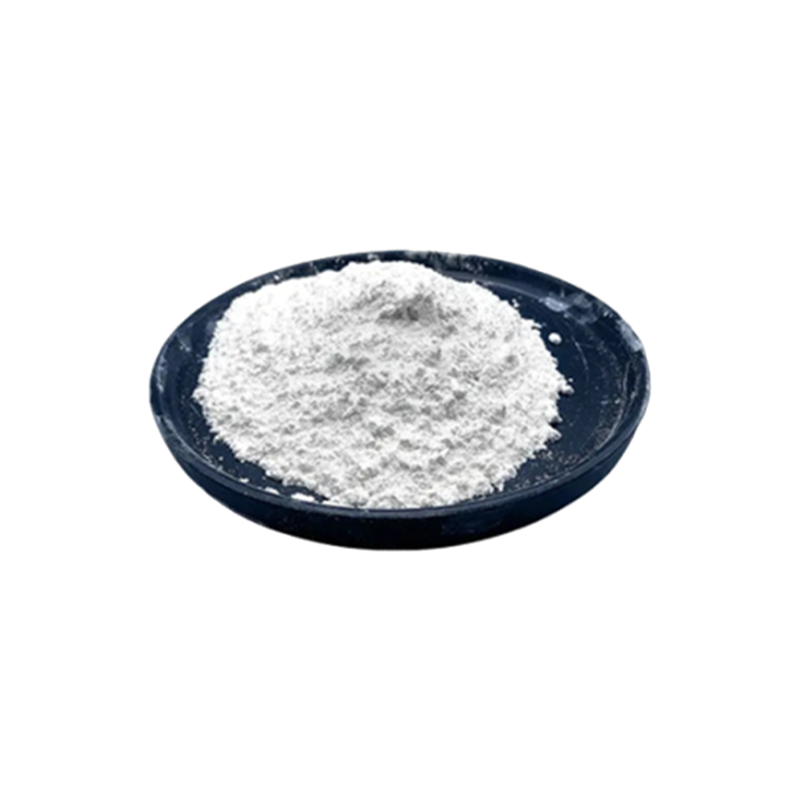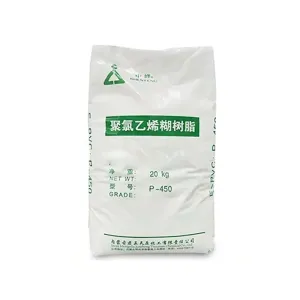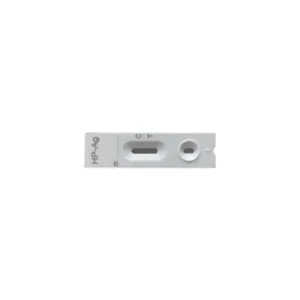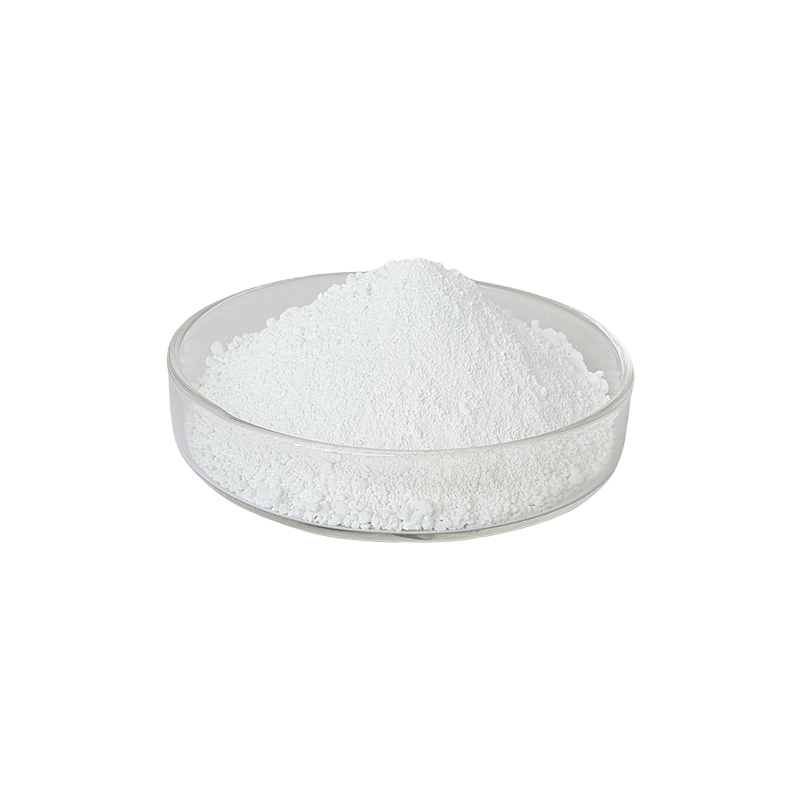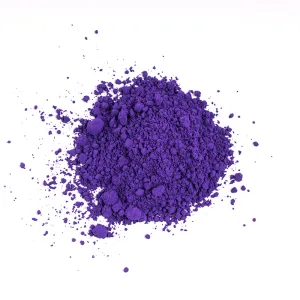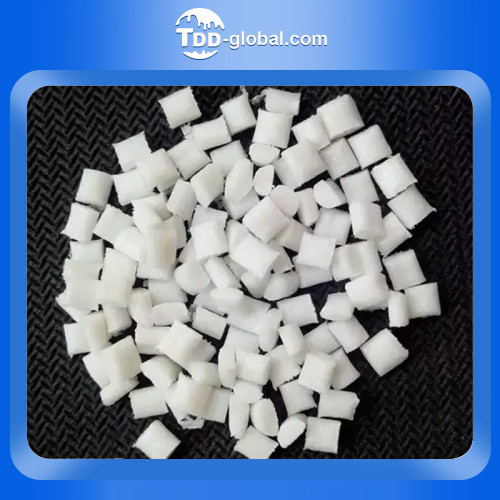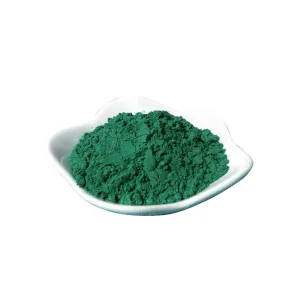Q
where are toyota vehicles made
Your resident industrial tech guru, here to bring you the most exciting updates and trends from the cutting edge of the industrial world.
A majority of Infiniti vehicles are produced at Nissan's manufacturing plants in Higashiki Prefecture and Fukuoka. Japan. Some models are also produced at Nissan's Smyrna. Tennessee. and Sunderland. England. plants. Nissan's Aguascalientes plant in Mexico also produces the Infiniti QX50.
You May Like
The oxidation of polypropylene (PP) primarily involves a radical mechanism, initiated by the abstraction of hydrogen atoms, creating macroradicals. This process generally begins with the formation of hydroperoxides upon exposure to oxygen and light. These hydroperoxides further decompose into various radicals that propagate the oxidation process, leading to the formation of ketones, alcohols, and carboxylic acids. The oxidation rate is influenced by factors such as temperature, presence of catalysts, and the PP's crystallinity. Antioxidants are often added to PP to slow down oxidation by scavenging radicals or decomposing hydroperoxides, thereby enhancing its stability and lifespan. Understanding and controlling the oxidation mechanism is crucial in improving the durability and performance of polypropylene in various applications.
Chemical pigments play a crucial role in our daily lives, coloring everything from the paint on our walls to the ink in our pens. These pigments are synthetic or natural substances used to impart color to materials. For everyday use, one of the most common pigments is Titanium Dioxide (TiO2), widely used for its brilliant white color and opacity. It's found in a range of products, including paints, plastics, papers, and foods, acting as a colorant or a whitening agent. Another notable pigment is Iron Oxide, used in various shades for cosmetics, painting, and even concrete. While synthetic pigments offer vibrant colors and durability, there's a growing interest in natural pigments due to environmental and health concerns related to synthetic varieties. When choosing pigments for any use, it’s essential to consider factors like toxicity, environmental impact, and color fastness.
It is important to note that titanium's hardness value on the Mohs scale of mineral hardness is not linear. Titanium's absolute hardness is approximately 36.
You May Like
Q&A
- •physical and chemical properties of linear low density polyethylene
- •does fiber help cholesterol
- •is polypropylene prop 65 compliant
- •is polypropylene plastic sustainable
- •is polypropylene a pfas
Popular Information
- •Specialty chemicals price trend in Dec 2021
- •Nuberg EPC Achieves Major Milestone with 550 TPD Sulphuric Acid Plant Project in Czech Republic
- •Orbia Plans to Halt Investments in PVC Production
- •When Will The Global Shortage of Caustic Soda Ease?
- •LyondellBasell licenses high-pressure PE technology to Jiangsu Hongjing New Material Co.



